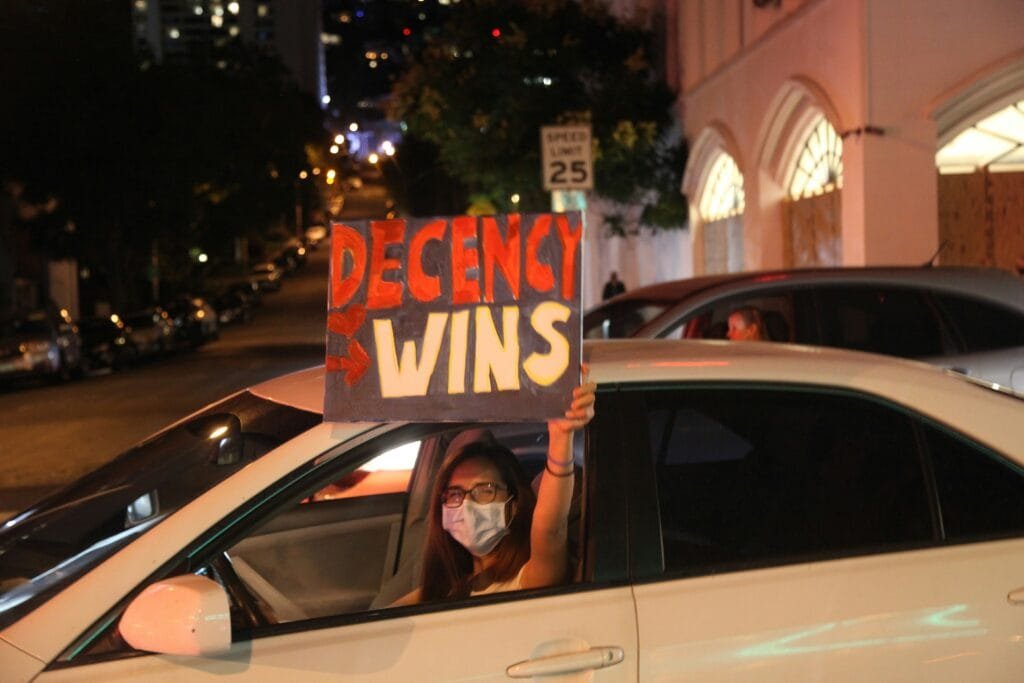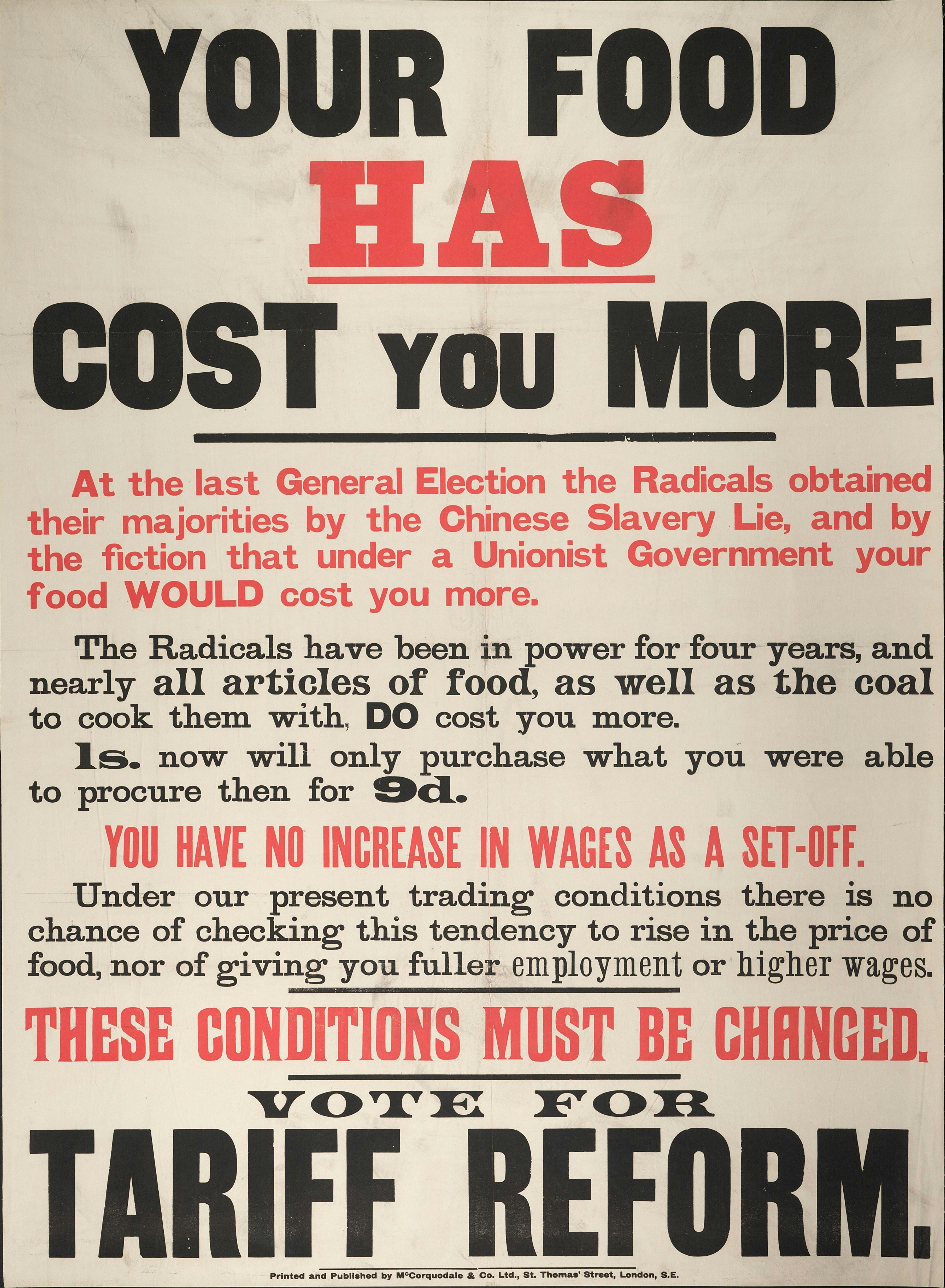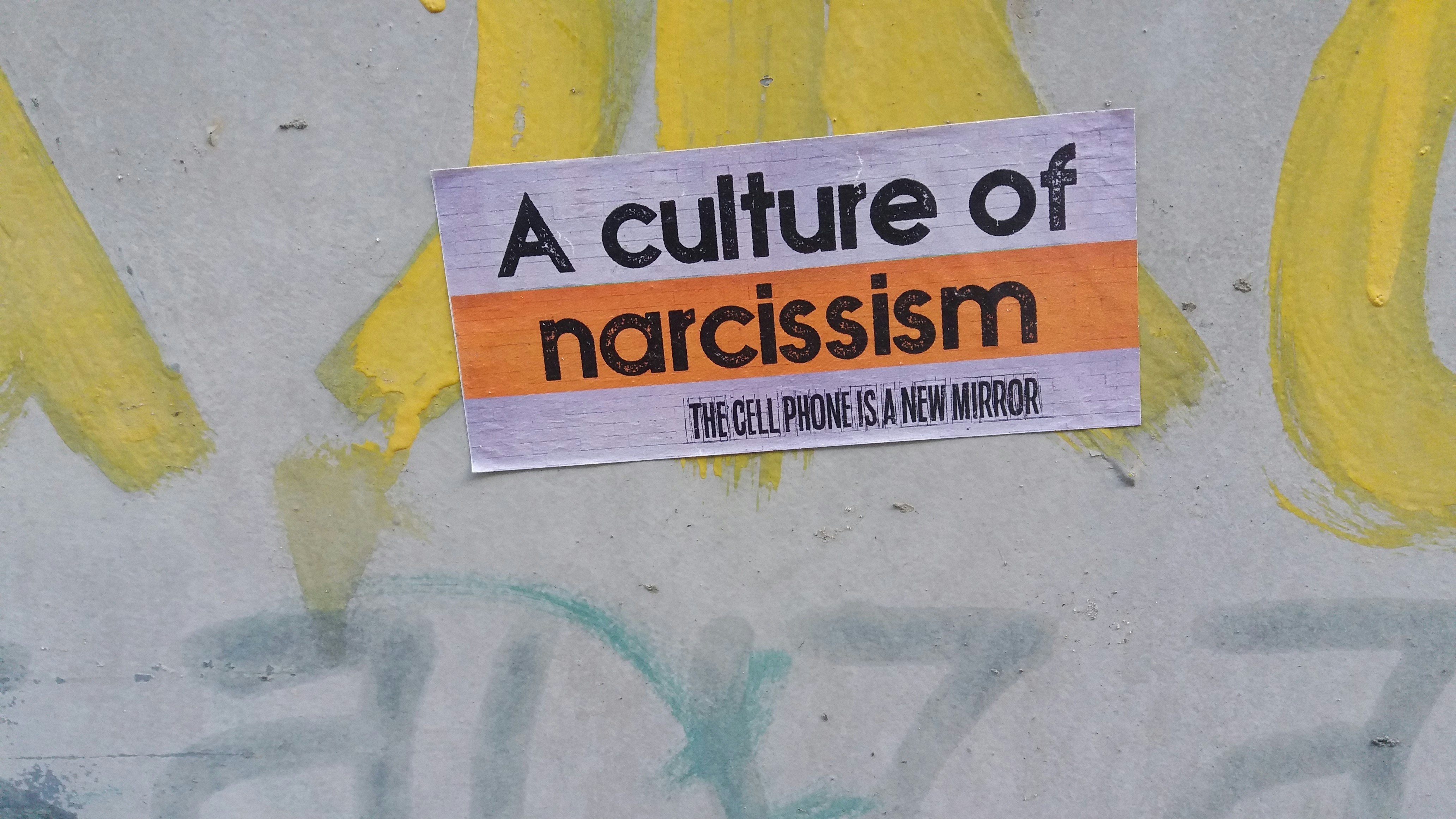A Reflection on American Decency: The Joy in Suffering

Historical Context of Human Decency in America
The concept of human decency in America has undergone significant transformations influenced by pivotal historical events. Among these, the Great Depression of the 1930s stands out as a critical period that reshaped societal attitudes towards compassion and empathy. As economic hardships gripped the nation, many individuals faced extreme poverty, leading to a collective consciousness that emphasized the necessity of supporting those in distress. Community initiatives, including soup kitchens and relief programs, emerged, showcasing a heightened awareness of human suffering and a commitment to social responsibility.
The civil rights movements of the 1950s and 1960s further redefined American values around decency and equality. Activists challenged systemic injustices faced by African Americans, urging society to confront the suffering inflicted by racism and discrimination. This period ignited not only a sense of solidarity among marginalized communities but also drew wider public support for civil rights, fostering an environment that cultivated empathy and mutual respect among diverse groups. The profound impact of these movements paved the way for greater inclusivity and a renewed focus on human rights in America.
The Role of Media and Political Rhetoric
The media and political rhetoric play a significant role in shaping public perception of suffering in society. In recent years, we have witnessed a trend towards increasingly sensationalized news coverage, where stories of misfortune are often exaggerated for shock value. This approach serves to capture viewer attention, yet it can distort the reality of the circumstances faced by those involved. For instance, job losses are frequently showcased in isolation, neglecting the broader economic context that contributes to such hardships. This narrow focus can create a narrative that simplifies complex issues, leading to a misinformed public perception that lacks empathy for the affected individuals.
Furthermore, political discourse often exacerbates these issues by employing divisive rhetoric that appeals to fear rather than compassion. Politicians may frame discussions around topics such as immigrant arrests or public assistance cuts in ways that dehumanize those impacted. For instance, the portrayal of immigrants as threats or burdens can reinforce negative stereotypes and diminish societal empathy for their struggles. Such language, when used in political campaigns or public speeches, escalates emotions and can lead to a culture that, consciously or unconsciously, celebrates misfortune. This rhetoric can contribute to a desensitized society that grows indifferent to the plights of the most vulnerable.
Case Studies: Celebrating Suffering in Modern America
The complex relationship between suffering and American society manifests clearly in various contemporary case studies. One notable example is the public reaction to government policies regarding job losses amidst economic downturns. A series of layoffs in major industries often leads not only to individual and family distress but also fosters a societal discourse that either celebrates resilience or underscores neglect. While media narratives may focus on the determination of workers who seek new opportunities, the overarching sentiment sometimes veers towards indifference, especially regarding the political discourse surrounding unemployment benefits and job retraining programs.
Similarly, the implications of immigration enforcement policies offer another poignant illustration. Families affected by deportation often endure profound suffering, which can lead to a societal polarization in reactions. Many advocate for humane immigration reform, emphasizing the need to recognize the humanity in these individuals and the struggles they face. Conversely, segments of society may celebrate strict enforcement measures, viewing such policies as necessary for national security and economic stability. This dichotomy reflects deeply ingrained values in American culture, where empathy for suffering is championed in some contexts, while in others, it is overshadowed by a more pragmatic approach focused on policy and order.
Welfare programs, too, illustrate the ambivalence with which American society approaches suffering. Public attitudes towards welfare recipients have fluctuated, often influenced by media portrayals and political rhetoric. Celebrated as a crucial social safety net by advocates, welfare is sometimes dismissed by critics who argue that it perpetuates dependency and diminishes personal responsibility. Throughout these discussions regarding welfare, personal narratives of struggle and resilience often emerge, showcasing the complexities of American decency where suffering is concerned. These contrasting responses reveal not only the depths of empathy within the nation but also highlight prevailing prejudices that influence policy and public opinion.
Reclaiming Basic Human Decency: A Path Forward
In an era where the joy derived from the suffering of others can often overshadow basic human decency, it is imperative to explore avenues through which we can reclaim compassion within American society. Initiatives that focus on empathy and community engagement stand at the forefront of this effort. By fostering understanding and mutual respect among individuals, we can cultivate an environment that prioritizes the well-being of all, particularly those who are marginalized.
Grassroots movements play a pivotal role in challenging the prevailing culture that celebrates suffering. These movements often arise from community-based efforts aimed at advocating for justice and inclusivity. Organizations that focus on social justice, mental health awareness, and poverty alleviation encourage individuals to participate actively in their communities, thereby reinforcing the significance of empathy in our daily interactions. Collective actions, such as local fundraisers and advocacy campaigns, not only provide much-needed support for the suffering but also encourage a communal sense of responsibility that fosters lasting change.
Moreover, working on the individual level is equally significant. Each person can contribute to a culture of decency by engaging with their immediate surroundings. Simple acts of kindness, volunteering time for those in need, or even providing emotional support to peers can create ripples of positivity. It is essential to recognize that compassion can be a radical act in a society that is often indifferent to suffering. By championing empathy through education and advocacy, we can inspire others to follow suit, creating a broader movement towards reclaiming decency.
Ultimately, restoring human decency requires a committed effort from all facets of society. Achieving this will not only aid those who are suffering but also elevate the collective spirit of the community, paving the way for a more compassionate future. Only through unified, meaningful actions can we genuinely challenge the status quo and evolve towards a healthier, more humane society.




